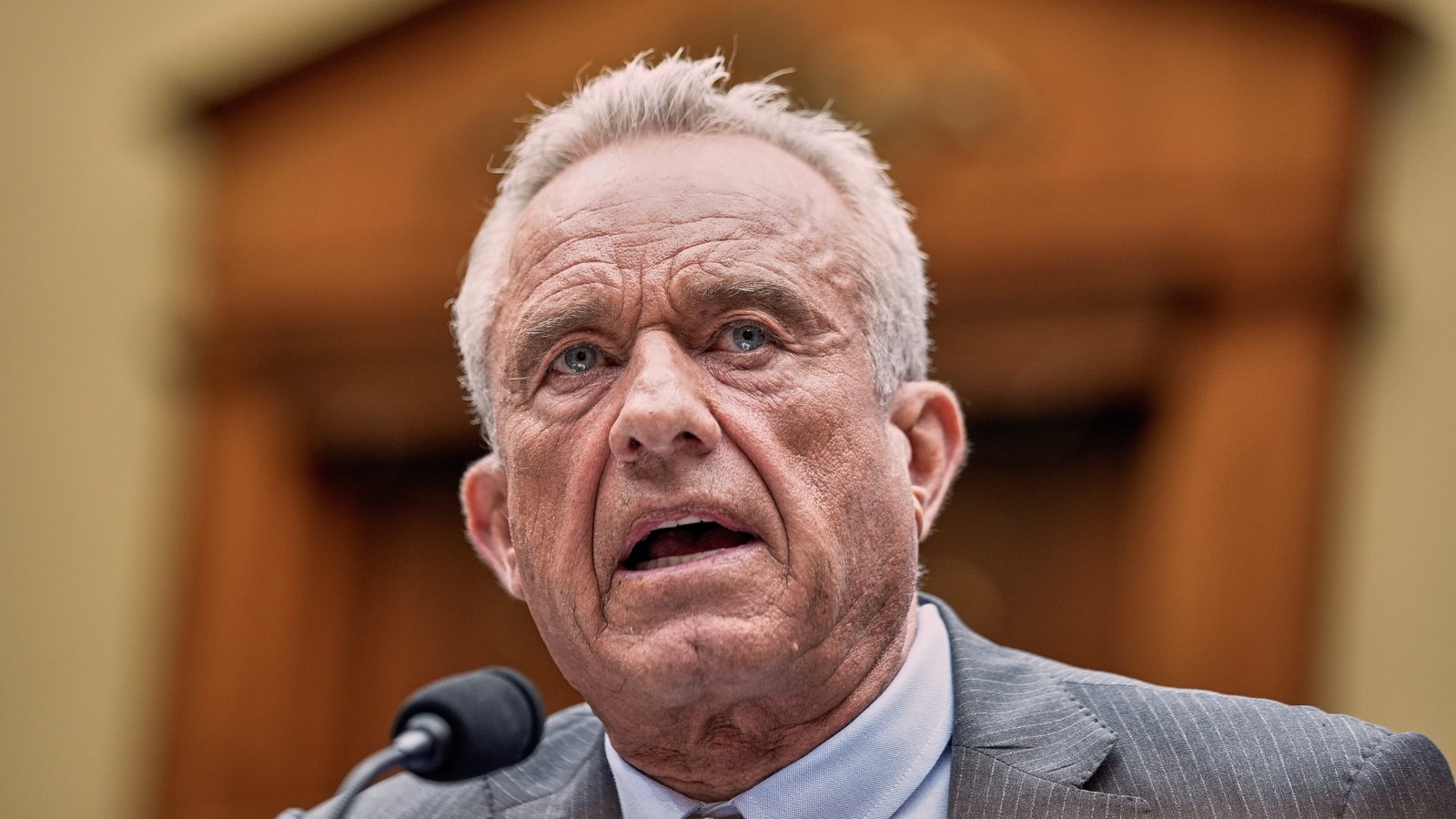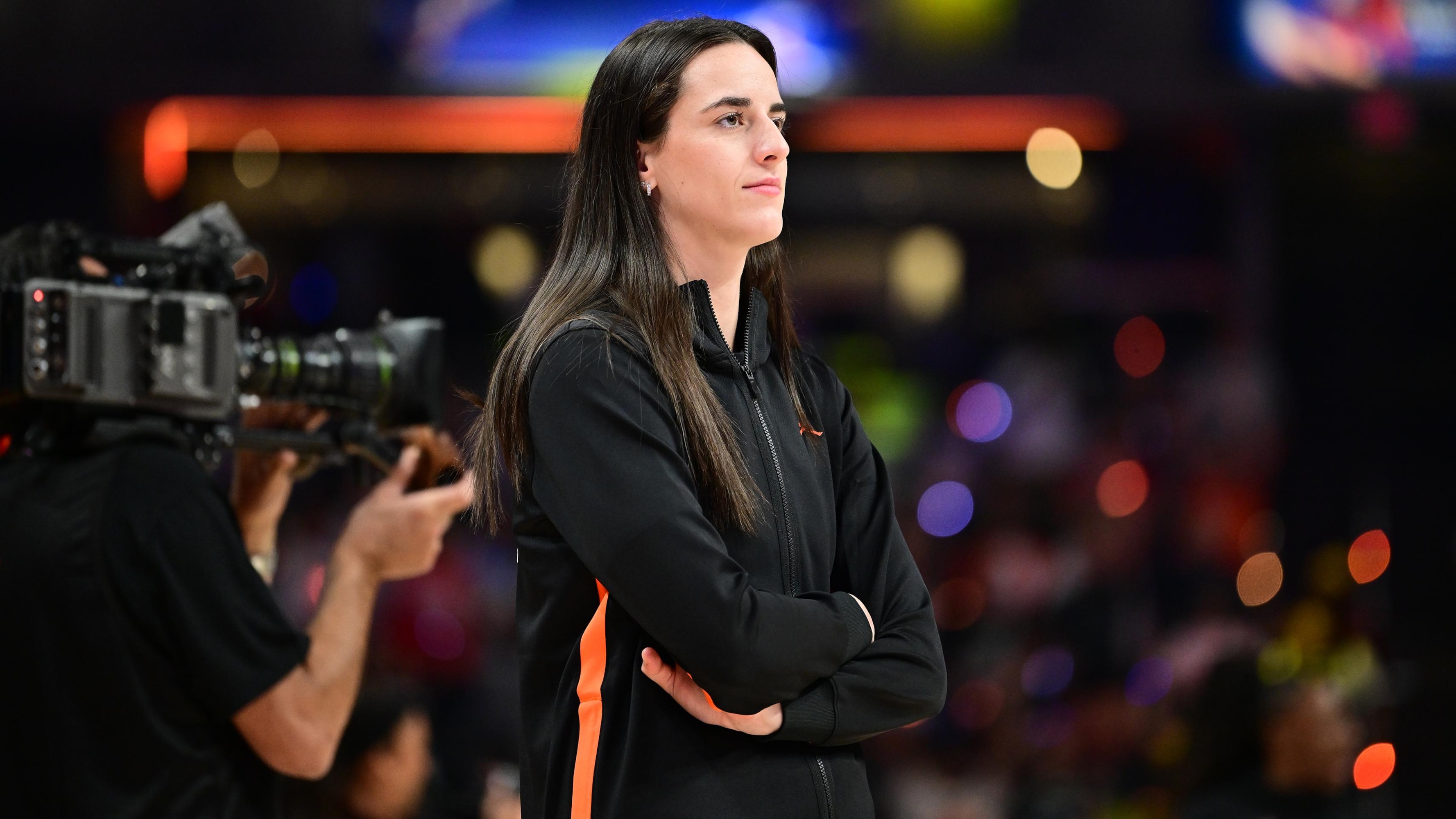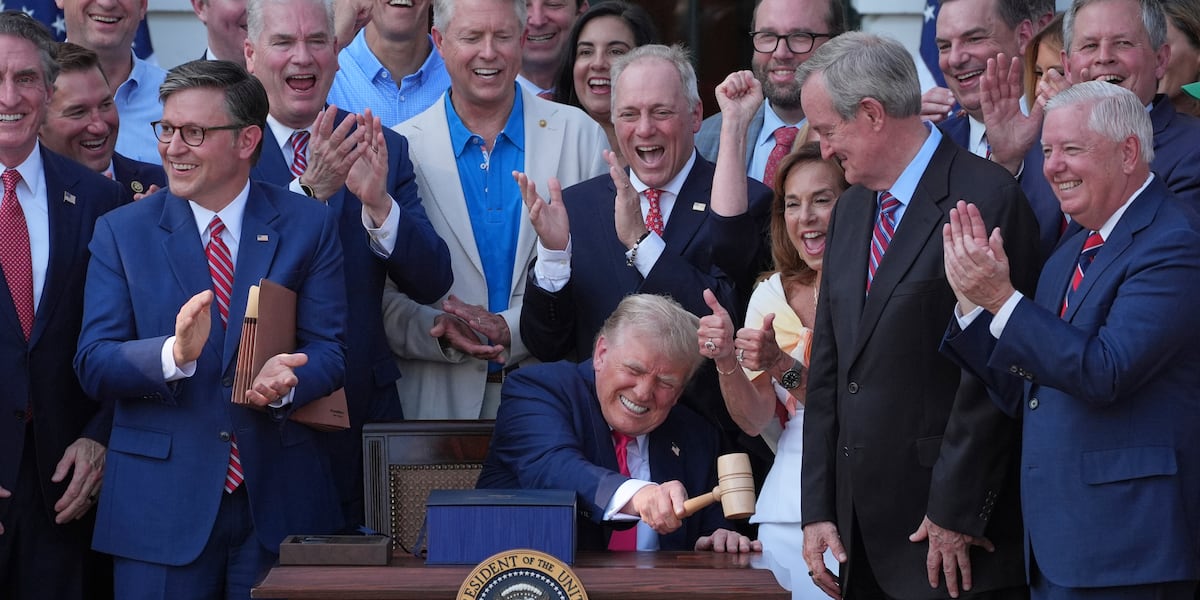Kennedy Jr. Set to Shake Up Cancer Screening Advice: 'Woke' Advisory Panel Facing Removal

Robert F. Kennedy Jr., nominated as the next Health and Human Services Secretary, is reportedly planning a significant overhaul of the US Preventive Services Task Force (USPSTF). Sources indicate Kennedy Jr. intends to remove all current members of the task force, citing concerns that the group has become overly influenced by what he describes as “woke” ideologies.
The USPSTF is a highly influential body that provides evidence-based recommendations on preventive health services, including cancer screenings, vaccinations, and other measures aimed at preventing illness and promoting health. Their recommendations often inform clinical guidelines and influence healthcare coverage decisions across the nation. The task force’s findings are used by insurance companies, healthcare providers, and government agencies to determine what services are covered and recommended for patients.
Kennedy Jr.’s reported plan has sparked considerable debate and raised questions about the future of preventive health guidelines in the United States. His criticism suggests a disagreement with the task force’s approach to considering social determinants of health and addressing health inequities. Critics argue that the task force's focus on these factors is essential for ensuring equitable access to care and improving health outcomes for all Americans. Others contend that the focus has strayed too far from purely scientific evidence and has become politically charged.
The task force's recommendations are based on rigorous reviews of scientific literature, and members are selected for their expertise in various fields, including primary care, oncology, and public health. Removing the entire panel and replacing it with new members could significantly alter the direction of preventive health recommendations and potentially impact access to crucial screenings and interventions.
Kennedy Jr.'s stance on the USPSTF aligns with his broader skepticism of mainstream medical institutions and his promotion of alternative health approaches. He has previously expressed concerns about the safety and efficacy of vaccines and has advocated for a more holistic approach to healthcare. This perspective is likely to shape his approach to the Health and Human Services Department and its role in shaping national health policy.
The potential changes to the USPSTF are expected to be met with strong reactions from both supporters and opponents of the task force's current approach. The debate highlights the ongoing tension between scientific evidence, social considerations, and political ideologies in shaping healthcare policy. It also underscores the importance of ensuring that preventive health recommendations are based on sound evidence and are accessible to all Americans, regardless of their socioeconomic status or background. The future of cancer screening guidelines and other preventive health measures hangs in the balance as Kennedy Jr.'s plans unfold.
What's at Stake? The removal of the USPSTF and the potential shift in recommendations could have far-reaching consequences for public health, impacting screening rates, healthcare costs, and ultimately, health outcomes. The debate is not simply about ideology; it's about ensuring that all Americans have access to the best possible preventive care.





